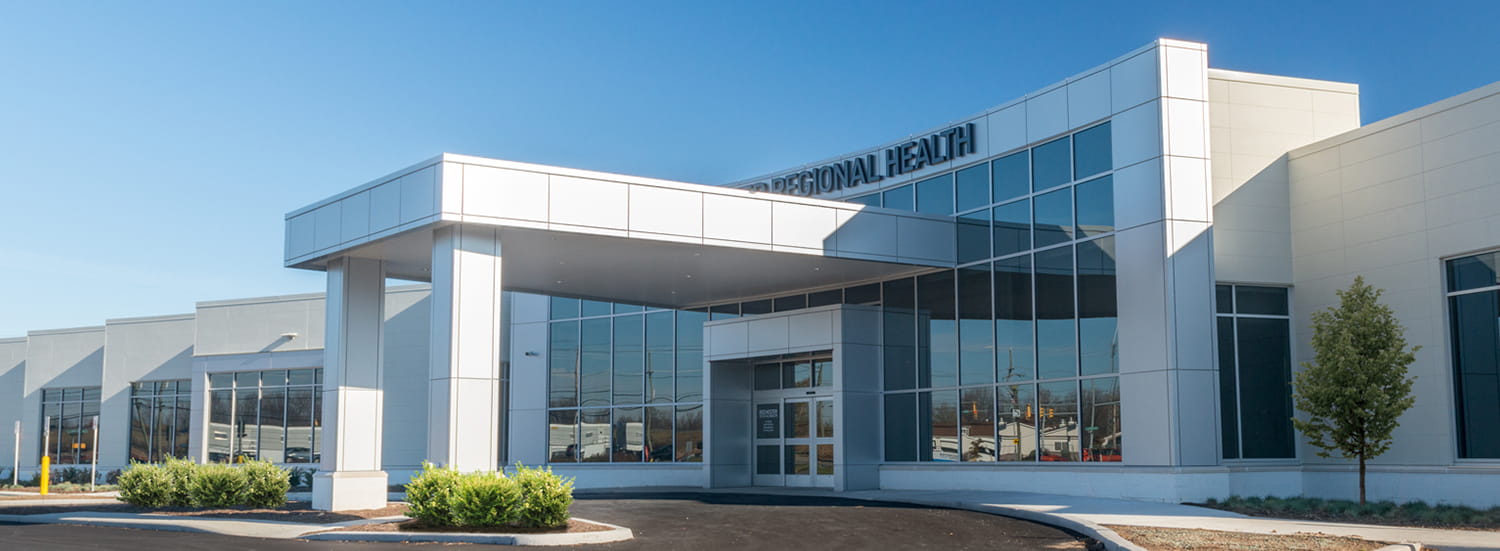
The shoulder is the most mobile joint in the body, making it one of the most commonly injured body parts. However, injury isn’t the only reason someone might experience shoulder pain.
Whether you’re experiencing soreness, achiness, sharp pain, or tightness, there are a variety of reasons why your shoulder might feel uncomfortable.
Michael Stanton, MD, an orthopaedic surgeon for Rochester Regional Health, walks us through some of the most common causes of shoulder pain and when it’s a good idea to call your doctor.
The most common cause of shoulder pain is rotator cuff tendinitis, also called impingement or bursitis. This occurs when the rotator cuff tendons become irritated under the bony area of the shoulder, causing tendons to become inflamed or damaged.
In most cases, this can be treated with conservative measures, including anti-inflammatories, physical therapy, activity modification, and injection treatments.
The rotator cuff is a group of four muscles that connect to the upper arm bone (humerus). A part of this muscle group can tear, often due to injury or repetitive overhead activity, leading to pain and weakness in the shoulder.
Also called impingement or rotator cuff tendinitis, bursitis is the inflammation of the bursa—a very thin, sac-like structure that works as a cushion to reduce friction between tissues of the body. The condition leads to swelling and redness between the top of the arm bone and the tip of the shoulder.
The cartilage around the rim of the shoulder joint can tear, usually due to the performance of the same motion repeatedly for an extended time, a fall, or a forceful blow to the shoulder.
A bone fracture, often in the clavicle or humerus, can cause your shoulder to sag, leading to pain and soreness. With this type of injury, it’s common to be unable to lift your arm.
The most common type of arthritis, osteoarthritis is a chronic condition in which the cartilage between bones breaks down and the bones to rub together, causing joint pain and stiffness.
Another type of arthritis that can cause joint pain and stiffness is rheumatoid arthritis. This is a chronic, autoimmune disease in which your body’s immune system attacks the protective lining in your joints.
Learn more about our rheumatology services
If your shoulder is rotated too far or pulled back too hard, the upper arm bone may pop out of its socket. This can lead to pain, numbness, swelling, and bruising. Sometimes, as a result of dislocation, the rotator cuff, muscles, tendons, cartilage, or nerves can become injured.
Also called adhesive capsulitis, “frozen shoulder” is a condition in which abnormal bands of tissue build up in the joint and limit how much your joint will move. You may notice your shoulder “freezes” because you use it less. Frozen shoulders are often associated with metabolic diseases (diabetes, thyroid disease) or following injuries.
A pinched nerve in the neck can often cause a sharp pain in the shoulder. In most cases, the pain will worsen when you turn your head, and you may experience a feeling of pins and needles in your shoulder and arm.
Shoulder pain paired with trouble breathing and chest tightness can be a sign of a heart attack. If you experience these symptoms, seek emergency medical help immediately or call 9-1-1.
There are a variety of other reasons to seek medical attention for shoulder pain. Injury, extreme pain, loss of motion, weakness, swelling, or bruising are all concerning signs and reasons to be evaluated by your doctor.
“If you experience persistent pain in one or both of your shoulders for several days, contact your doctor. Especially if you notice any bruising, discoloration, weakness, or are having difficulties moving your shoulder or arm,” recommends Dr. Stanton.
Sudden pain in the left shoulder without an injury can be a sign of a heart attack. If you experience this type of pain, call 9-1-1 or seek emergency medical attention immediately, especially if paired with shortness of breath, dizziness, or chest tightness.
